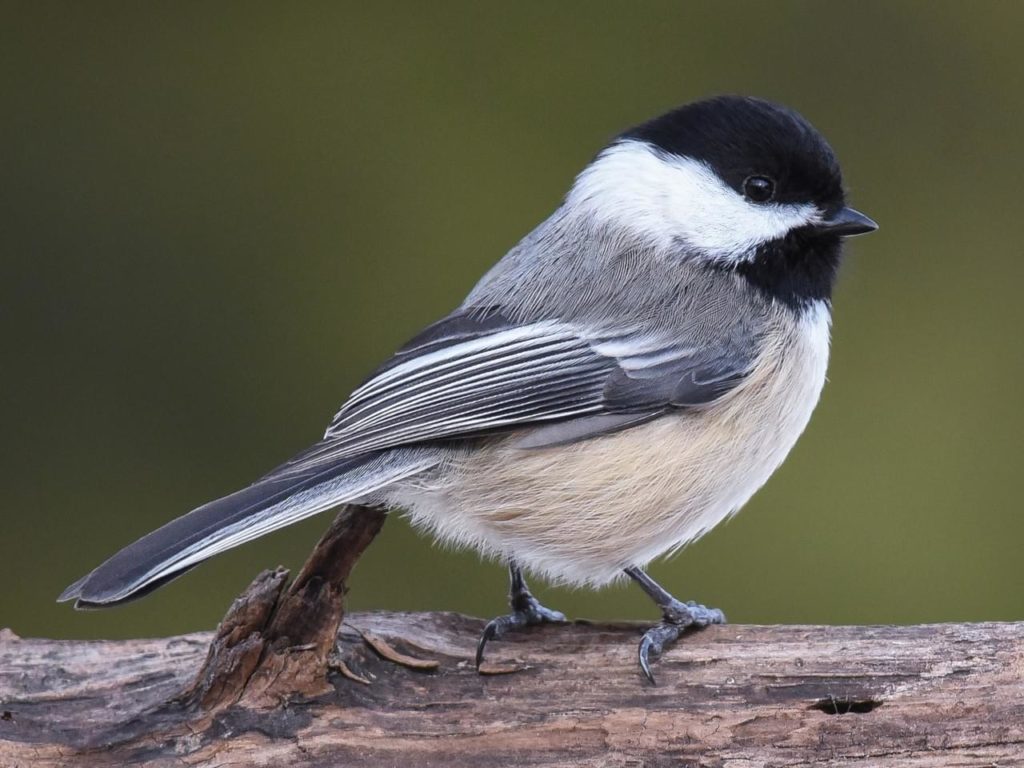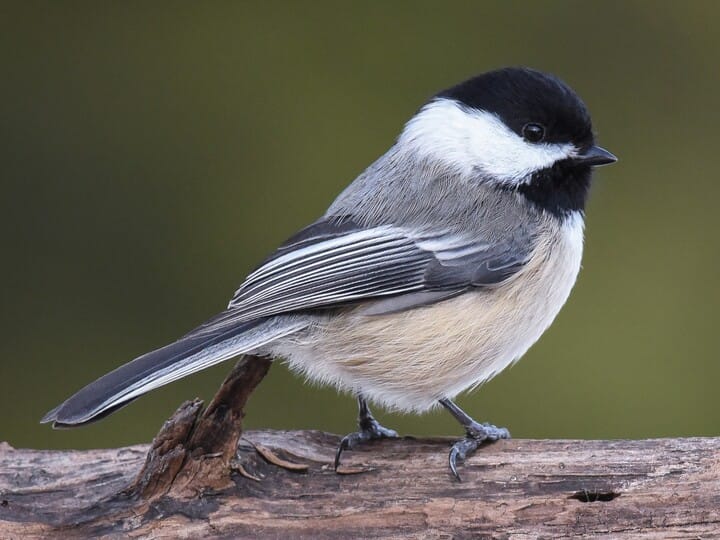
Why Bother To Notice Bird Song?

Why Bother To Notice Bird Song?
Although there is still a patch of snow on the north side of my house, frost on my deck first thing in the morning, and trees still bare of buds, there are other signals that shout out, spring! Daylight hours are longer, the sunshine is warmer and bird song is in the air.
Winter Brings Their Silence
There are a few birds that remain here year round, the Black-capped Chickadee, is one of them. In the winter, I keep my bird feeder filled with sunflower seeds for these common and plentiful birds. I like to watch them flit back and forth from the bare branches of my hawthorn tree to their food supply at my feeder. But during the winter, they do not let out a peep.
No happy chirping is heard during the cold dark months of winter. Instead, the cold season for these little birds is all about survival; eating, keeping warm and not freezing to death. Singing takes energy, something they cannot spare when it is cold. They know that staying warm is priority over making any music.
Spring Brings Their Music
But when the earth begins to tilt more toward the sun, and the days are longer and warmer, birds know they have a greater purpose than just surviving. Spring is the season when the male voices are heard loud and clear. Their songs are sung in order to win a mate.
Some of these Chickadees start singing even before the sun rises. They must understand the competition they are up against and want to be heard loud and clear before the other birds chime in with their songs. Finding a mate is an ambitious business and the earlier they start singing, the less competition they will have. Dozens of males, singing their song all at the same time, make it hard for one particular song to be heard above the rest. The earlier they begin, the better chance their song will be heard.
Not only do these little birds chirp to find a mate, they chirp to let others know if they are intruding into their territory. Birds, like most people, prefer raising their families in their own private place and space.
So why bother to notice bird song that is filling up the air waves? After a long, dark, cold and quiet winter, their chatter is a welcoming sound to my ears. They may be singing out for a mate, but I hear a different message. They are announcing that winter is losing its grip and giving way to spring. And I am grateful for that!
New Release
